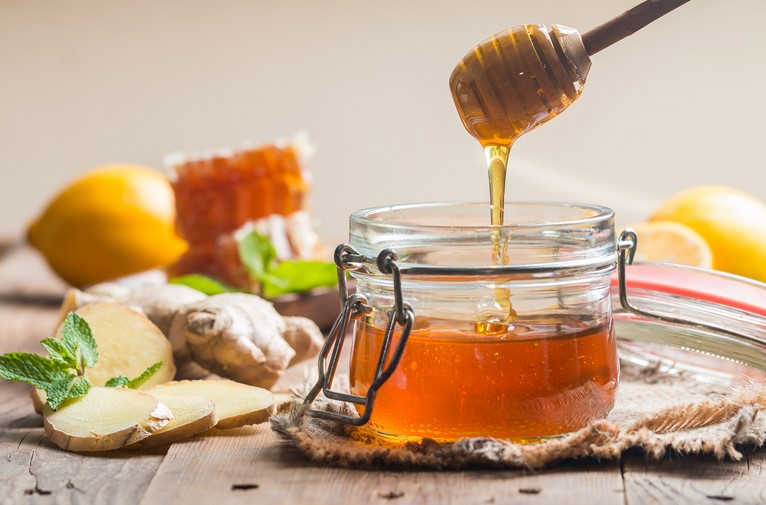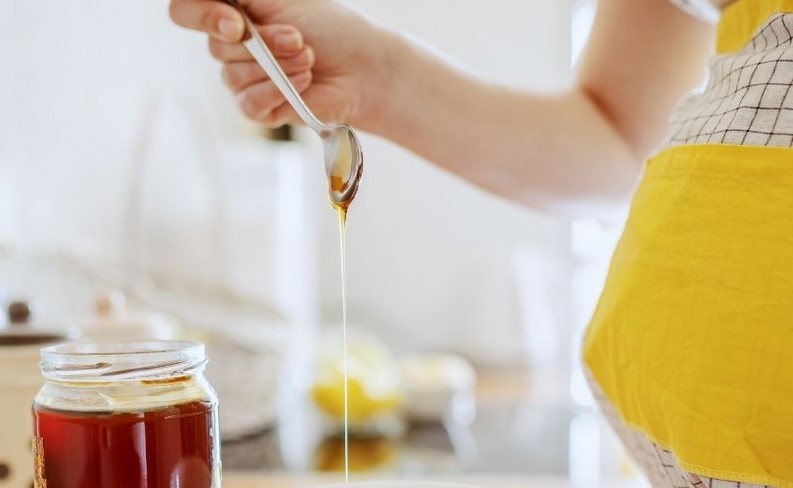Can Pregnant Women Eat Honey?
There are several different kinds of honey available to pregnant women. Some of these varieties are unpasteurized, such as Manuka honey. While ingesting honey while pregnant, a pregnant woman should avoid consuming large amounts. In addition, she should avoid using honey in cooking and hot drinks, as these can damage its beneficial enzymes and vitamins C and D.
Can Pregnant Women Eat Honey? Yes, it’s safe to eat honey during pregnancy. While it’s not safe to give honey to babies under a year old, eating honey when you’re pregnant won’t harm you or your unborn child. That’s because your grown-up stomach can handle the bacteria in honey that sometimes makes babies sick with a rare illness called botulism. If you like the flavor of honey, there’s no reason not to indulge a little. But try to avoid adding honey to your tea and coffee — hot liquids can kill any bacteria already in the honey and may increase your chances for botulism.
Unpasteurized honey
Honey is a natural product that has a long list of benefits. It is a great source of antioxidants and has antibacterial and antiviral properties. It can help you fight the flu and is especially good for pregnant women. Honey can also help heal stomach ulcers. It has shown to be particularly effective against duodenal and peptic ulcers. However, it is still best to consult your doctor before consuming honey while pregnant.
The bacteria in unpasteurized honey are not dangerous to adult humans. The immune system of adults and older children is much stronger, so exposure to these spores is not a problem. However, pregnant women and older children have weaker immune systems than adults. While unpasteurized honey is safe for pregnant women, it is not safe for infants.

Manuka honey
Manuka honey is known for its antimicrobial and antispasmodic properties. Because it comes from plants, it has been shown to calm inflammation and reduce biological indicators of exercise – induced stress and LDL cholesterol. This means that it can be a safe supplement for pregnant women. However, there are a few things to keep in mind before using it.
First of all, manuka honey has powerful antibacterial properties, which help suppressed immune systems during pregnancy. It fights off bad bacteria and builds good bacteria to heal the digestive system, reduce infections and boost overall immunity. This is especially important during pregnancy, when most women are already dealing with physical ailments. Pregnancy lowers the immune system and leaves the mother more vulnerable to common colds and illnesses.
Using large amounts of honey
Honey is a good food for pregnant women, but it should be purchased from a reputable source. Most grocery stores sell a house brand of pasteurized honey. This type of honey is translucent and does not crystallize. It contains fewer calories than sugar and is better for your health. Honey is also metabolized by your body as glucose.
However, too much honey can cause gastrointestinal problems for pregnant women. Some women may experience bloating, stomach cramps, or diarrhoea. Hence, it is recommended that pregnant women avoid eating large amounts of honey. It is important to choose a reputable brand of honey and choose pure honey to minimize the risk of adverse effects.

Side effects of ingesting honey while pregnant
Ingesting honey can cause some unpleasant side effects during pregnancy. For one thing, it can cause stomach cramps and indigestion. It may also cause nausea and upset stomach. Some women also report experiencing bloating and diarrhoea after ingesting too much honey. To avoid these side effects, it is best to stick to pure, unprocessed honey.
Almost all honey sold commercially is pasteurized. This process kills bacteria that can be harmful to the fetus. It is best to use only pasteurized honey, as most of the unpasteurized versions are unsuitable for pregnant women.
However, it’s not advisable to be pregnant and eat a lot of honey. “Honey is high in sugar, which can promote weight gain,” explains the Mayo Clinic, “and sugar can fuel bacterial growth. That could potentially increase risk for miscarriage or infection.” Honey should also only be eaten during pregnancy and not given to babies under one year old because it has the bacteria that causes botulism, which can scare babies.
